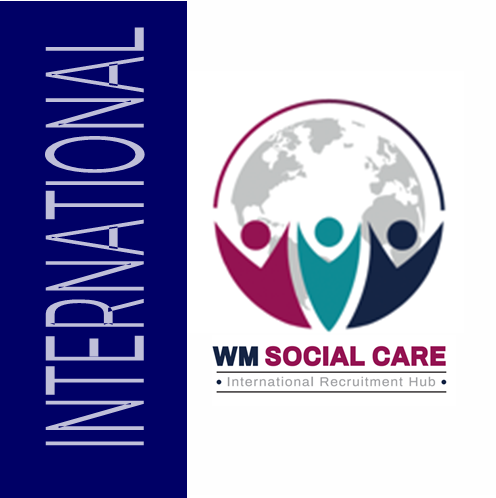The Care Association has today sent the following letter to Wes Streeting, the Secretary of State for Health and Social Care to express our concerns on the implications of the increases to National Insurance and the Minimum Wage announced in the Budget.
Rt Hon Wes Streeting MP
Secretary of State for Health and Social Care
Department of Health and Social Care
39 Victoria Street
London
SW1H 0EU
12 November 2024
Dear Secretary of State,
On behalf of the West Midlands Care Association (WMCA) and our care provider members (providers), we write to express urgent concerns regarding the implications of the 2024 Autumn Budget on the social care provider market. This Budget has generated significant anxiety among social care providers, who employ the majority of the 1.59 million people (as of 2023/24) working across the adult social care sector in England delivering £68.1 billion in essential community care and support services.
As the representative body for nearly 600 member social care providers across the West Midlands, Herefordshire, Warwickshire and Worcestershire, WMCA supports care homes, nursing homes, domiciliary care, supported living, day services, and many more. Local Care Associations like ours, along with our provider members, play a critical role within the Health and Social Care Neighbourhood Model, delivering person-centred care and support throughout our communities and neighbourhoods.
We are deeply concerned that, unless fully addressed, the financial pressures introduced in this Budget could severely compromise the stability and sustainability of social care services in our region. Social care, chronically underfunded for years, now faces an existential risk due to mandated wage cost increases set to take effect from April 2025:
- National Living Wage: Set to rise by 6.7% to £12.21, with rates for younger workers increasing by 16.3% to £10 and for apprentices by 15.2% to £8.60.
- Employer National Insurance (NI) Contributions: Increasing by 1.2%, with a lowered threshold to £5,000.
While these wage increases are critical to attracting and retaining talent, they impose a severe financial strain on social care providers already constrained by fixed fees set by Local Authorities. Unlike industries such as retail or leisure, where prices can be adjusted to offset increased costs, social care providers rely on Local Authority fees for financial sustainability.
This dynamic creates substantial challenges, as providers lack the resources to absorb these rising costs without sufficient support. The impact on the sector could be devastating, resulting in:
- Provider Closures: Rising wage costs may force some providers out of the market, creating further strain on Local Authorities and the NHS.
- Workforce Attrition: The many providers currently paying above the National Living Wage (NLW) may be compelled to revert to the new NLW, leading to attrition as workers seek higher-paying roles elsewhere. Such workforce losses could exacerbate pressures on the NHS, increasing A&E attendance and delaying hospital discharges.
- Negative Outcomes for Service Users and Increased NHS Pressure: Disruptions in care services will inevitably impact vulnerable populations, placing additional strain on local healthcare systems and almost certainly increased length of stay in hospital due to delayed discharges.
We are also concerned that, while NHS employers will receive compensation for the increased NI contributions, there is no declared commitment to similarly support social care providers. This discrepancy undermines our shared aim of aligning support for both health and social care, as emphasised in the Darzi report. Divorcing social care reform from NHS support could prevent us from achieving effective, sustainable outcomes for those who rely on our services. Moreover, three strategic priorities for the NHS—Hospital to Community, Analogue to Digital, and Treatment to Prevention—can only be fully realised through robust partnership and integration with the wider social care sector. Additionally, the overall costs of healthcare delivery would be increased as people would spend more time in the most expensive healthcare setting (the acute hospitals) rather than the most cost efficient (the community).
In light of these concerns, we respectfully request assurance that these additional wage costs, due to take effect in April 2025, will receive full funding to support the sector’s stability. Such a commitment would alleviate significant uncertainty and enable providers to make sound decisions for the future. Prompt action to provide these assurances could prevent premature provider exits, helping to mitigate further pressure on the system especially as we enter the winter season.
We are fully committed to working with our Local Authorities and our provider members to minimize disruption to local essential services and ensure optimal outcomes for those in our care. We look forward to your support and partnership in addressing these pressing matters.
Thank you for your attention and consideration.
Yours sincerely,
Keiron Broadbent
Chief Executive Officer
West Midlands Care Association





















